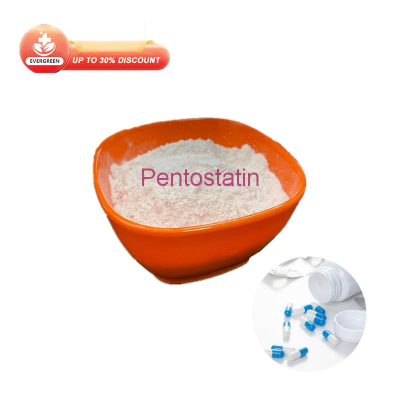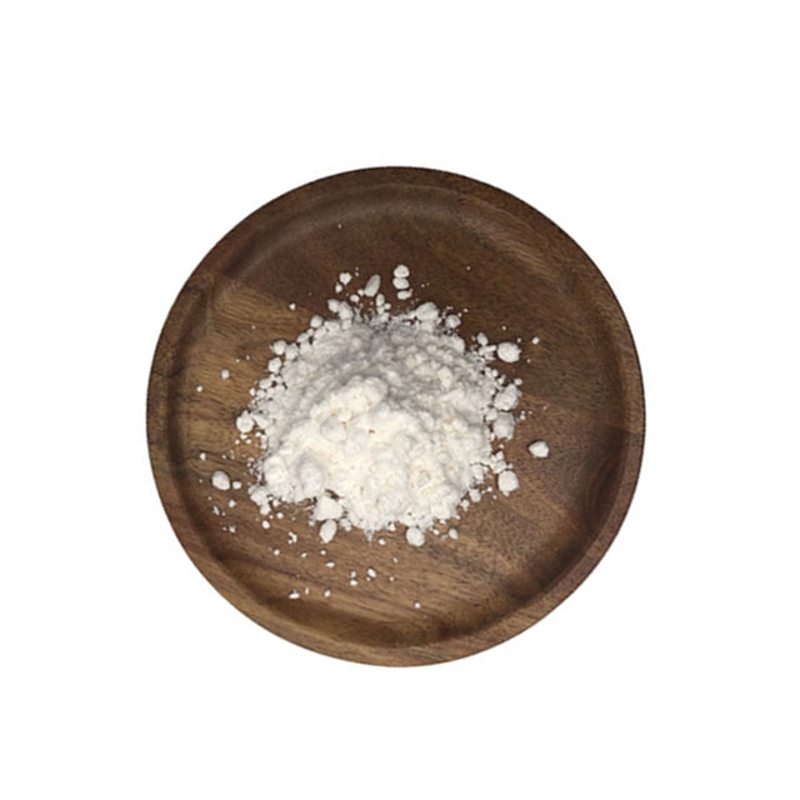-
Categories
-
Pharmaceutical Intermediates
-
Active Pharmaceutical Ingredients
-
Food Additives
- Industrial Coatings
- Agrochemicals
- Dyes and Pigments
- Surfactant
- Flavors and Fragrances
- Chemical Reagents
- Catalyst and Auxiliary
- Natural Products
- Inorganic Chemistry
-
Organic Chemistry
-
Biochemical Engineering
- Analytical Chemistry
- Cosmetic Ingredient
-
Pharmaceutical Intermediates
Promotion
ECHEMI Mall
Wholesale
Weekly Price
Exhibition
News
-
Trade Service
In the Phase 3 SANET-ep study, the oral anti-angiogenesic-immune escape kinase inhibitor Surufatinib showed superior efficacy in neuroendocrine tumors (NETs) outside the pancreas.
SANET-p study aims to assess the efficacy and safety of Sovantinie for patients with advanced pancreatic NET.
SANET-p study is a randomized, double-blind, placebo-controlled phase 3 trial conducted in 21 hospitals in China, recruiting patients over 18 years of age with advanced, advanced, well-differentiated pancreatic NETs, and requiring ECOG performance status of 0-1 points, after systematic treatment for advanced course of disease (up to two).
The patients were randomly assigned to the Sovantinib group (300 mg, oral, 1/day) or placebo group at 2:1 until the disease progressed, insulable toxicity, withdrawal from the study, adverse complications, use of other anti-tumor drugs, pregnancy, loss of visitation, or the evaluation of the suspension of the patient.
end point is progress-free survival.
February 18, 2016 - November 11, 2019, 264 patients were screened, 172 of whom were randomly divided into two groups: 113 in the Sovantinie group and 59 in the placebo group.
19.3 months and 11.1 months, respectively, in the Sovantini and placebo groups.
the non-progressive survival midazoies assessed by the Sovantini and placebo groups were 10.9 months vs 3.7 months, respectively (risk ratio of 0.49, 95% CI 0.32-0.76, p=0.0011).
test met the early stop criteria during the interim analysis and was terminated on the recommendation of the Independent Data Monitoring Committee.
the most common treatment-related adverse reactions at level 3 and above were hypertension (Sofantini vs placebo group: 38% vs 7%), proteinuria (10% vs 2%) and hyperglycerideemia (7% vs 0).
25 (22%) and 4 (7%) treatment-related severe adverse reactions were reported in the sofantinib group and the placebo group, respectively.
3 deaths in the Sovantini group (2 deaths from adverse reactions: gastrointestinal bleeding (possible treatment-related) and intracranial haemorrhage (impossible treatment-related);
the placebo group died in 1 treatment and died of disease progression.
, Sovantini can significantly prolong the progress-free survival of patients with advanced pancreatic NET and is safe or potential treatment options for such patients.
.







